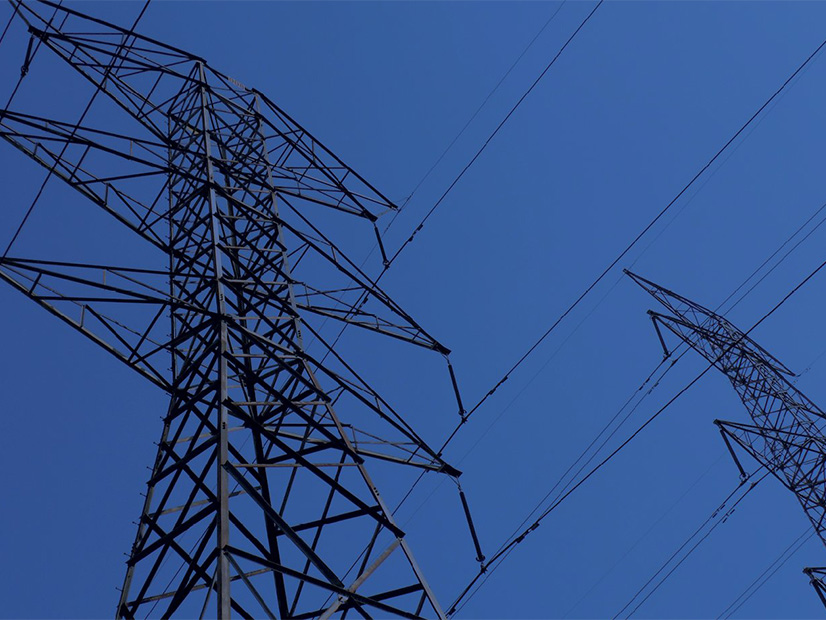SPP staff told stakeholders Friday they will work with MISO staff to draft a white paper on rate pancaking and unreserved use, two issues that bedevil utilities along the RTOs’ seam.
Clint Savoy, SPP’s manager of interregional strategy and engagement, told participants during the RTOs’ spring update on common seams initiatives that the focus will be rate pancaking. He said while the two issues are separate and distinct, rate pancaking “is more of an issue that occurs.”
The RTOs’ staff will work with stakeholders and solicit their input in developing solutions, Savoy said. SPP will also use Seams Advisory Group as a sounding board in determining the paper’s final draft. Later work will involve analyzing the proposals to determine their impact.
MISO’s Marc Keyser, director of seams coordination, membership services and customer coordination, said his staff will be slow to join the effort, given their work with the grid operator’s long-term transmission planning.
“We may have difficulty doing some of the analysis we want to do with the white paper, but we’re looking forward to working with SPP,” he said.
A working group composed of state regulators from the grid operators’ footprints was the most recent stakeholder group to look at rate pancaking, which occurs when power is scheduled across more than one transmission provider’s borders and each provider assesses full or partial charges for use of the facilities. That leads to duplicate transmission fees between the various providers.
Arkansas Electric Cooperative Corp. (AECC) said during a presentation to the group that it has incurred about $100 million in incremental costs over the past 10 years because of pancaked rates. AECC is connected to four transmission systems within the two RTOs.
Unreserved use charges can be assessed when an RTO transmission customer does not reserve adequate service to cover its load obligation. These charges are higher than the cost of reserving transmission and can have a ratcheting effect that transmission customers see as punitive.
The RTOs are currently involved in a dozen seams initiative between themselves and with stakeholders, both at the state and federal level. Their staffs will hold another update on seams initiatives in November.




